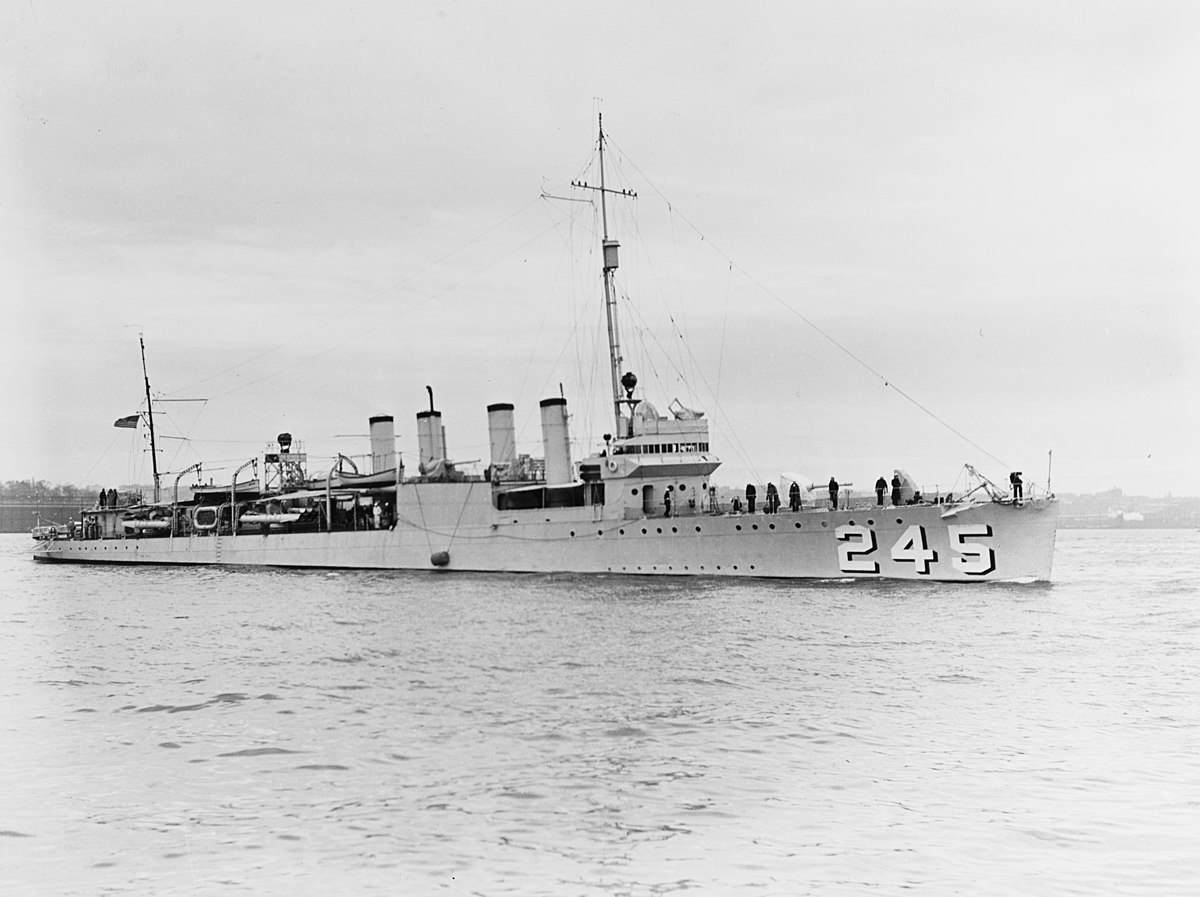October 12
539 BC - On this date, the army of Cyrus the Great diverted the Euphrates River, and marched into Babylon on the river bed. They met little resistance, with most of the city drunk from a celebration. One account has that the ruler was waiting, armed, and died in what little fighting there was. Why was he waiting with his sword and wasn't drunk? Maybe because he already knew the city would fall that very night. His name was Belshazzar, and while some pooh-pooh the account in the 5th chapter of the Book of Daniel, it's an interesting observation.
1492 - On this date Christopher Columbus set foot in the New World. While he's fallen out of favor by some in the US, it remains that Columbus Day is the perfect holiday for college students. When he left he didn't know where he was going; when he got there, he didn't know where he was; when he came back he didn't know where he'd been; and he did it all with somebody else's money.
1810 - Bottom's Up. First Oktoberfest was held on this day in Munich, Germany.
1918 - The Cloquet Fire claims 435 lives in Minnesota. Approximately 390 square miles are burned in the forest fire. It remains the worst natural disaster in terms of lives lost in a single day in Minnesota.
1933 - Alcatraz Citadel becomes a Federal prison.
1960 - They didn't. Khrushchev pounds his shoe on the lecturn at the UN and says "We will bury you!" Mental Fluff: On another date, Khrushchev and Eisenhower joked about comparing records to end double-dipping by double agents. Yes, that actually happened.
2000 - The attack on the USS Cole happened on this day.
539 BC - On this date, the army of Cyrus the Great diverted the Euphrates River, and marched into Babylon on the river bed. They met little resistance, with most of the city drunk from a celebration. One account has that the ruler was waiting, armed, and died in what little fighting there was. Why was he waiting with his sword and wasn't drunk? Maybe because he already knew the city would fall that very night. His name was Belshazzar, and while some pooh-pooh the account in the 5th chapter of the Book of Daniel, it's an interesting observation.
1492 - On this date Christopher Columbus set foot in the New World. While he's fallen out of favor by some in the US, it remains that Columbus Day is the perfect holiday for college students. When he left he didn't know where he was going; when he got there, he didn't know where he was; when he came back he didn't know where he'd been; and he did it all with somebody else's money.
1810 - Bottom's Up. First Oktoberfest was held on this day in Munich, Germany.
1918 - The Cloquet Fire claims 435 lives in Minnesota. Approximately 390 square miles are burned in the forest fire. It remains the worst natural disaster in terms of lives lost in a single day in Minnesota.
1933 - Alcatraz Citadel becomes a Federal prison.
1960 - They didn't. Khrushchev pounds his shoe on the lecturn at the UN and says "We will bury you!" Mental Fluff: On another date, Khrushchev and Eisenhower joked about comparing records to end double-dipping by double agents. Yes, that actually happened.
2000 - The attack on the USS Cole happened on this day.




